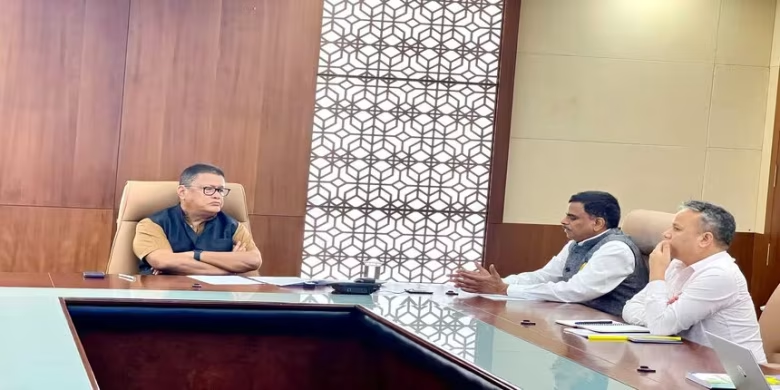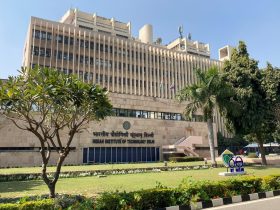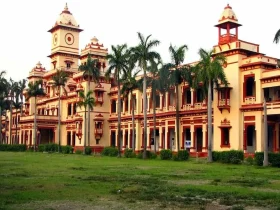October 14, 2024, Guwahati: Assam is set to celebrate ‘Bhasha Gaurav Week’ from November 3 to 9, 2024, following the Union Cabinet’s decision to grant classical language status to Assamese. The announcement was made by Education Minister Ranoj Pegu on X (formerly Twitter), highlighting the significance of this week-long celebration to promote the Assamese language along with other indigenous languages of the state.
During this period, a variety of cultural programs will be organized across Assam to showcase the linguistic and cultural diversity of the region. The celebration is expected to boost the cultural pride of Assamese speakers and enhance efforts to preserve and promote the language. A special book on the occasion will also be released, celebrating the history and significance of Assamese and related dialects.
Classical Language Status for Assamese
The Union Cabinet conferred classical language status to Assamese in October 2024, a landmark decision that places the language alongside Tamil, Sanskrit, Telugu, and other classical languages of India. To qualify, a language must have ancient literary traditions and a rich cultural history spanning over a thousand years. The decision is expected to strengthen Assam’s cultural heritage and position the language for further academic and literary advancements.
This comes after years of advocacy by linguistic scholars and cultural groups who emphasized the historical significance of Assamese. The inclusion of the language in India’s list of classical languages opens new avenues for academic research, literature promotion, and government-supported projects aimed at preserving the language for future generations.
Key Highlights of Bhasha Gaurav Week
The planning for Bhasha Gaurav Week took place at Janata Bhavan, where key stakeholders, including Chief Secretary Ravi Kota, members from the education department, and other cultural bodies, came together to discuss the logistics and programming for the event. Activities will range from literature festivals, art exhibitions, and public discussions to performances reflecting the state’s rich linguistic traditions.
According to Minister Pegu’s post, the week will not only focus on Assamese but will also highlight other local languages, aiming to preserve the linguistic diversity of the state.
What Classical Language Status Means for Assamese
The recognition of Assamese as a classical language is a cultural milestone for Assam. It ensures that the language will receive central support for its development, including funding for research and preservation. Additionally, classical language status will enhance the scope for the translation of Assamese literature into other languages, promoting it internationally. This move is expected to create opportunities for local writers, historians, and language scholars.
It also signals the government’s commitment to preserving India’s regional languages and ensuring they remain vibrant amidst rapid globalization.
Future Prospects: Enhancing Assamese in Educational Institutions
The classical status is likely to bring about a renewed focus on incorporating Assamese into school and university curricula. Scholars suggest that Assam could soon see an uptick in programs dedicated to Assamese language studies and research centers focusing on its literary and historical contributions. The government may also introduce more scholarships for students interested in pursuing higher studies in the language.
The celebration of Bhasha Gaurav Week is just the beginning of what could be a long-lasting effort to preserve Assam’s rich linguistic and cultural heritage.
With Bhasha Gaurav Week fast approaching, Assam gears up to celebrate a momentous achievement for its language and culture. The recognition of Assamese as a classical language is set to pave the way for cultural and academic advancements, ensuring that the language continues to thrive for generations to come. The week-long festivities from November 3 to 9, 2024 promise to be a significant event for both the Assamese-speaking population and the broader Indian community, celebrating the diversity and heritage of regional languages in the country.




